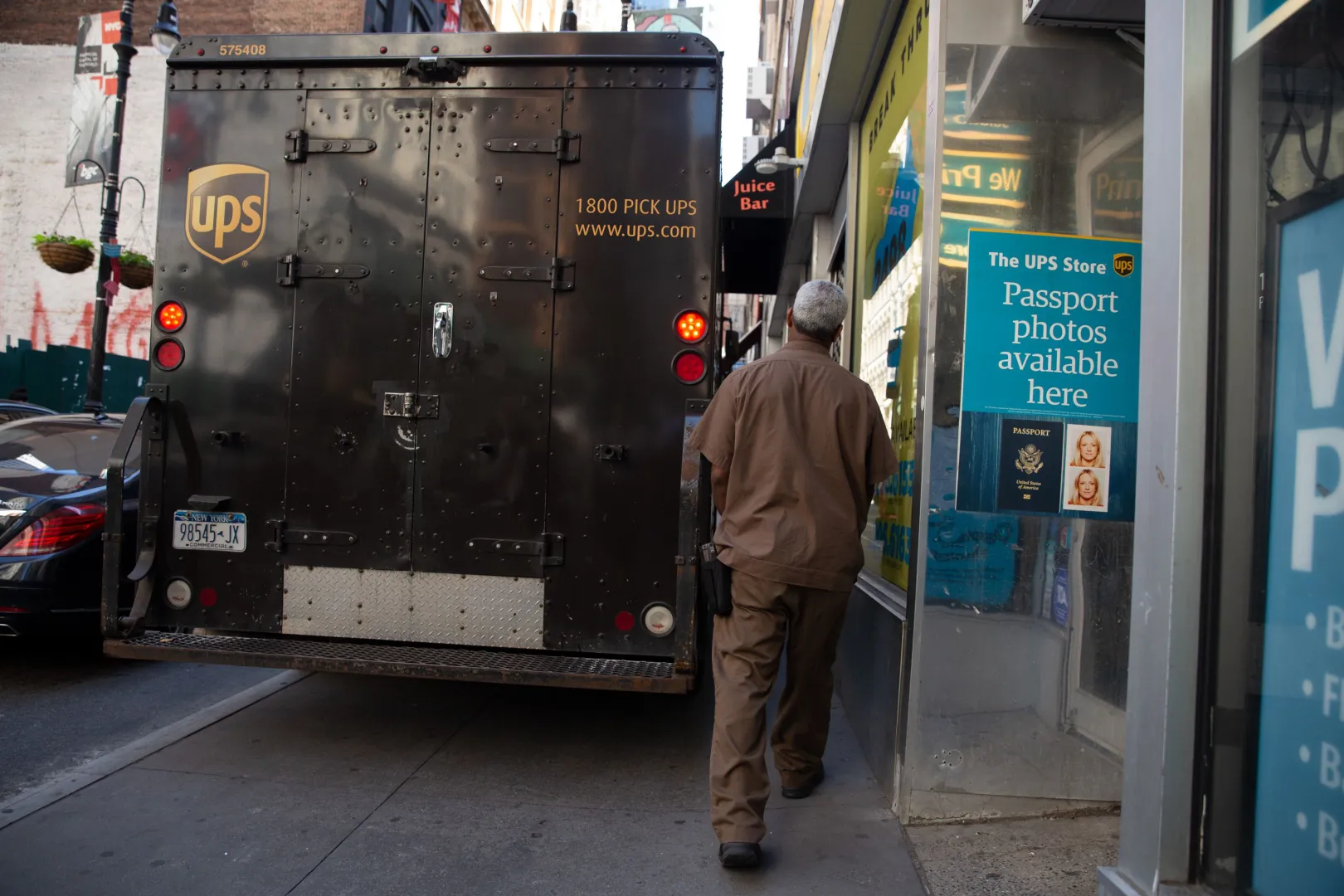UPS drivers demand AC in trucks following heat wave: ‘It’s like walking into hell’
Shipping service workers to rally in Canarsie after six fell ill while on the job in last week’s heat wave.

EDITOR’S NOTE: Modern business relies on the mail system– whether you’re shipping via private carrier or public mail services, the U.S. is of the only countries where you can pay as little as $.25 to ship a piece of paper hundreds, thousands of miles without thinking twice. The people who syndicate these packages and shipments work outside, and during last week’s heat wave, that was no simple task. Drivers operate vehicles with no climate control, and in the city, they transport our precious cargo between neighborhoods and boroughs in the heat. Six UPS drivers fell ill due to their exposure from the heat, and employers have a responsibility to provide adequate conditions. Management must face their “production-driven” agenda and face the facts: drivers, workers, need to stay cool, and opening the window or drinking water is not the immediate solution.
 This article was originally published on by THE CITY
This article was originally published on by THE CITY
UPS workers are turning up the heat on their employer after their union said at least six package delivery drivers in the New York City region experienced heat-related illness on the job during last week’s heat wave.

Brooklyn Boro
View MoreNew York City’s most populous borough, Brooklyn, is home to nearly 2.6 million residents. If Brooklyn were an independent city it would be the fourth largest city in the United States. While Brooklyn has become the epitome of ‘cool and hip’ in recent years, for those that were born here, raised families here and improved communities over the years, Brooklyn has never been ‘uncool’.